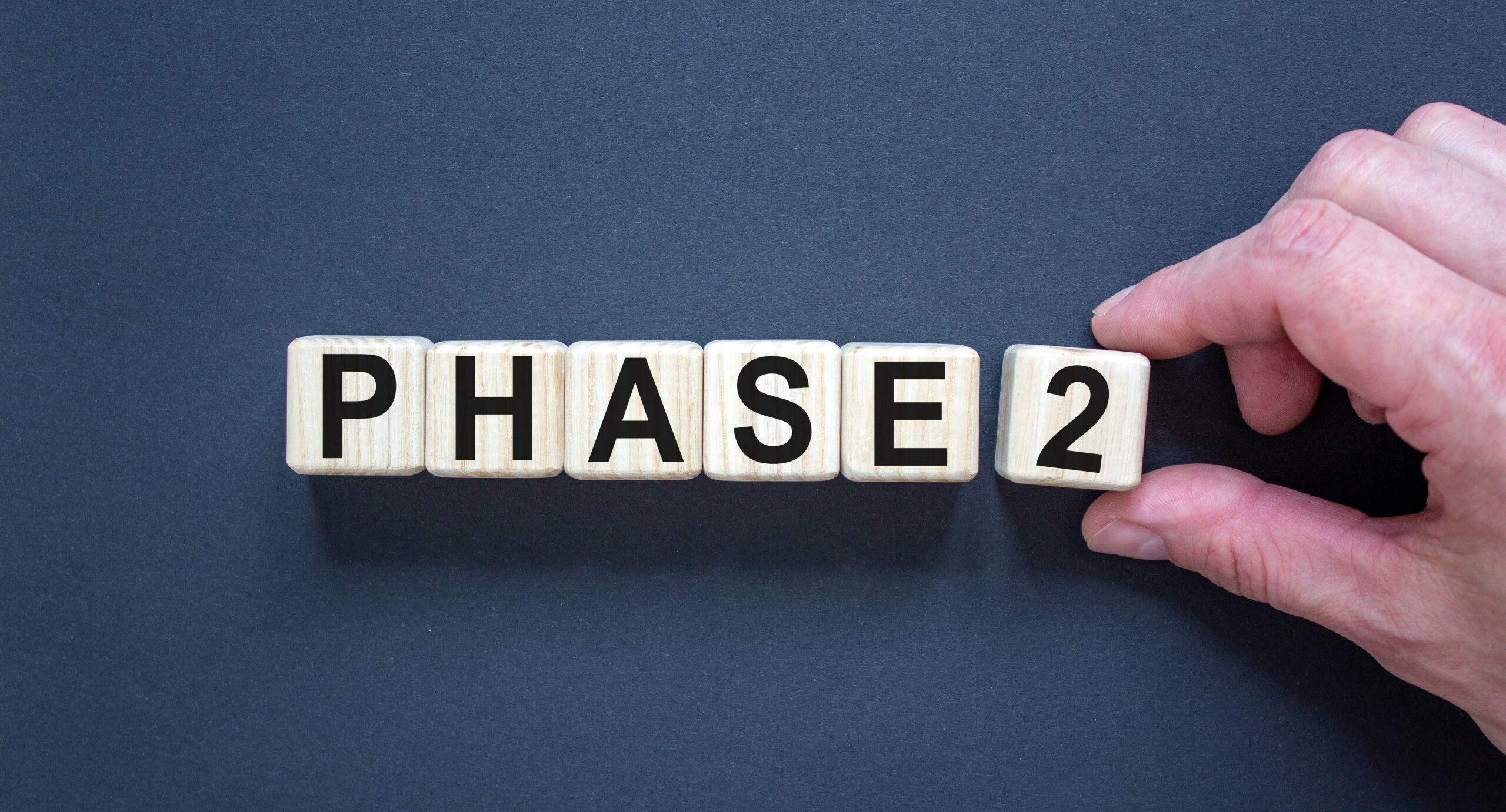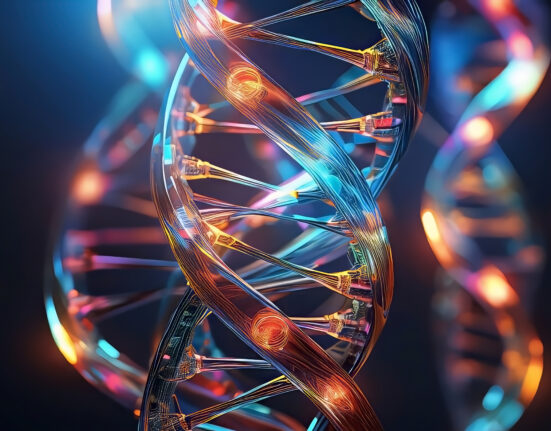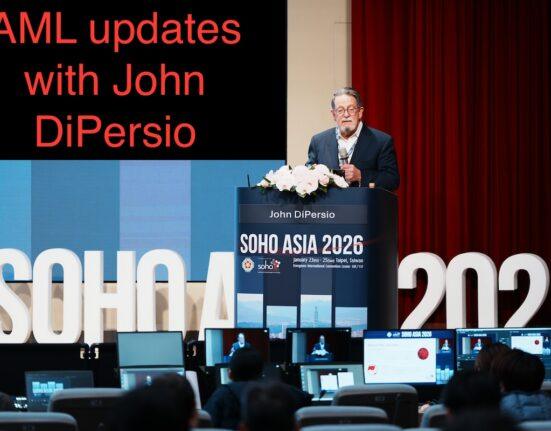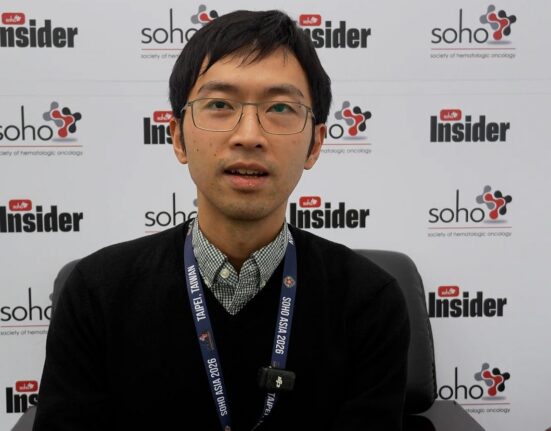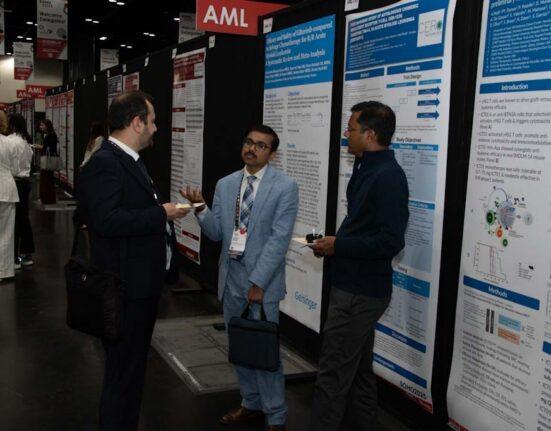New findings published in The Lancet Haematology suggest that ASTX727, a fixed-dose, fully oral combination of decitabine and cedazuridine, could be a potential treatment option after hematopoietic stem-cell transplantation (HSCT) in patients with acute myeloid leukemia (AML) or myelodysplastic syndromes (MDS) at very high risk of relapse.
The results came from a single-arm phase 2 study at 12 centers in France. The study enrolled AML and MDS patients aged 18–70 years with an Eastern Cooperative Oncology Group performance status of 0–2, without contraindication for HSCT, and with very high-risk disease. Patients were included 5–45 days before transplantation.
ASTX727 was orally administered at escalating doses (100 mg cedazuridine plus 35 mg decitabine starting at 1 day per cycle and increasing to 3 days) from day 40 post-HSCT, up to ten cycles. Donor lymphocyte infusion was recommended when patients had no contraindication after cycle 4. The primary endpoint was disease-free survival at one year after HSCT, assessed in the first 28 enrolled patients treated with ASTX7277. Safety was assessed in all participants who received at least one course of ASTX727.
Of the 51 patients who underwent allogeneic HSCT, 34 received maintenance treatment with ASTX727; seven of them received at least one donor lymphocyte infusion. A total of 14 patients completed the ten cycles. Among the first 28 enrolled patients treated with ASTX727, disease-free survival at one year after HSCT was 70.4% (95% CI 55.1–89.9).
The most frequent grade 3 or worse adverse events were hematological, occurring in 25 (74%) of 34 patients (21 [62%] neutropenia, eight [24%] thrombocytopenia, four [12%] anemia). Serious adverse events occurred in 14 (41%) of 34 patients, and were hematological in eight patients and gastrointestinal in three patients. One treatment-related death, due to thrombocytopenia, occurred.
“ASTX727 could be a potential treatment option after HSCT in patients with acute myeloid leukemia or myelodysplastic syndrome at very high risk of relapse,” the authors concluded. “Further investigation is warranted to establish the efficacy and safety of this therapeutic approach.”
Reference
Robin M, D’Aveni M, Stamatoullas A, et al. Oral decitabine and cedazuridine maintenance after haematopoietic stem-cell transplantation in very high-risk acute myeloid leukaemia or myelodysplastic syndrome (GFM-DACORAL-DLI): a multicentre, single-arm, phase 2 trial. Lancet Haematol. Published online August 7, 2025. doi:10.1016/S2352-3026(25)00172-3

